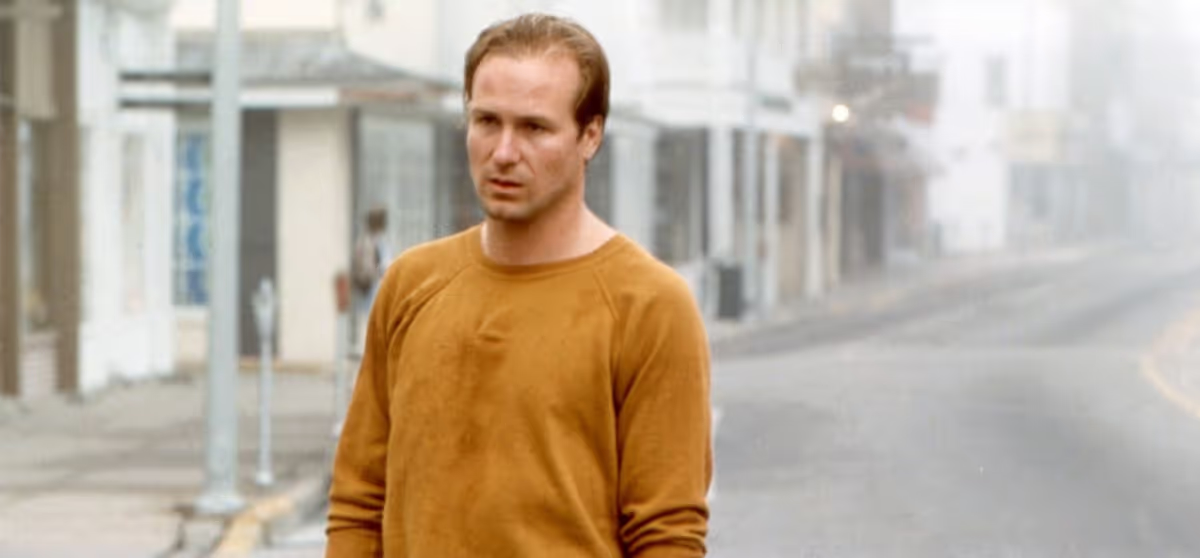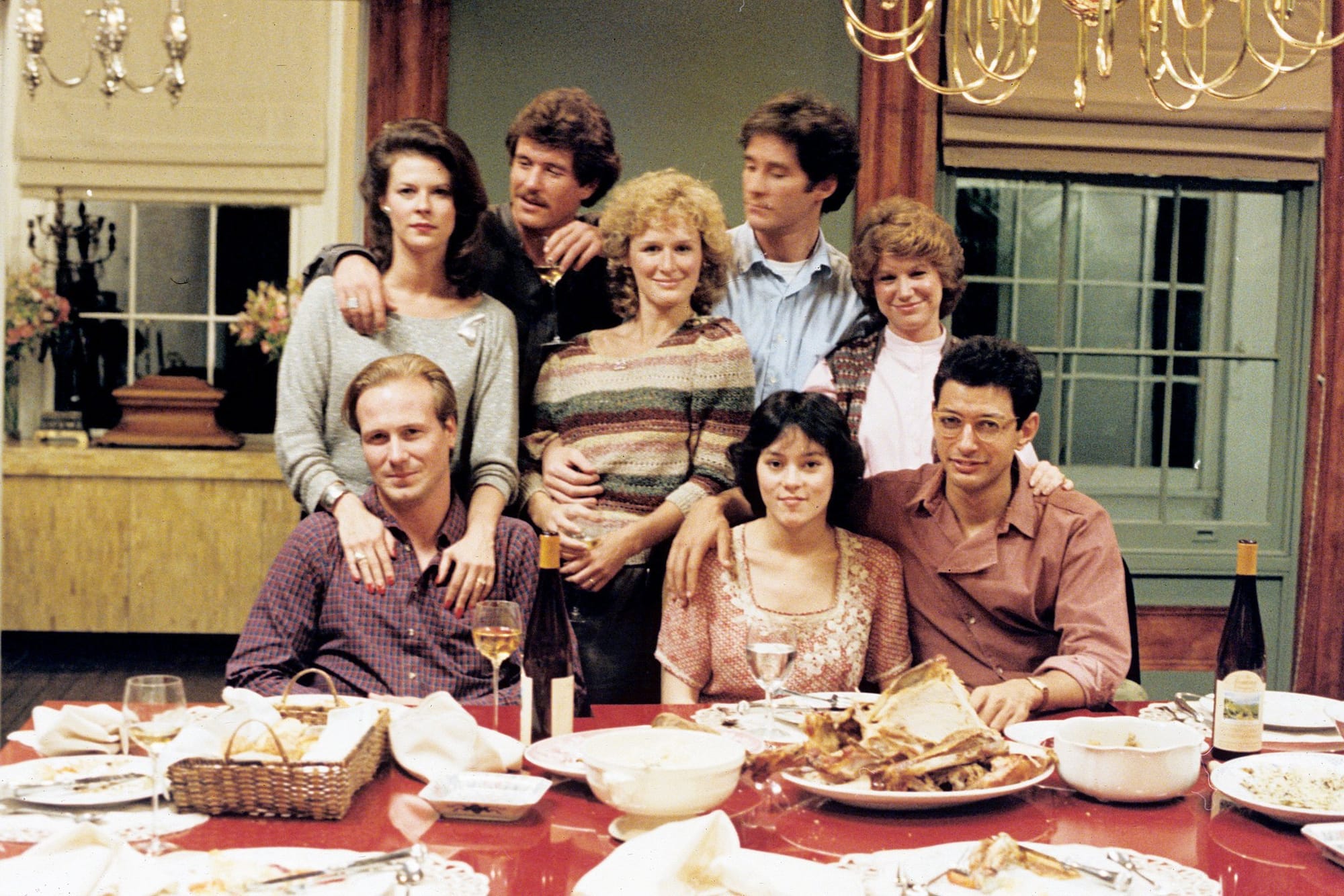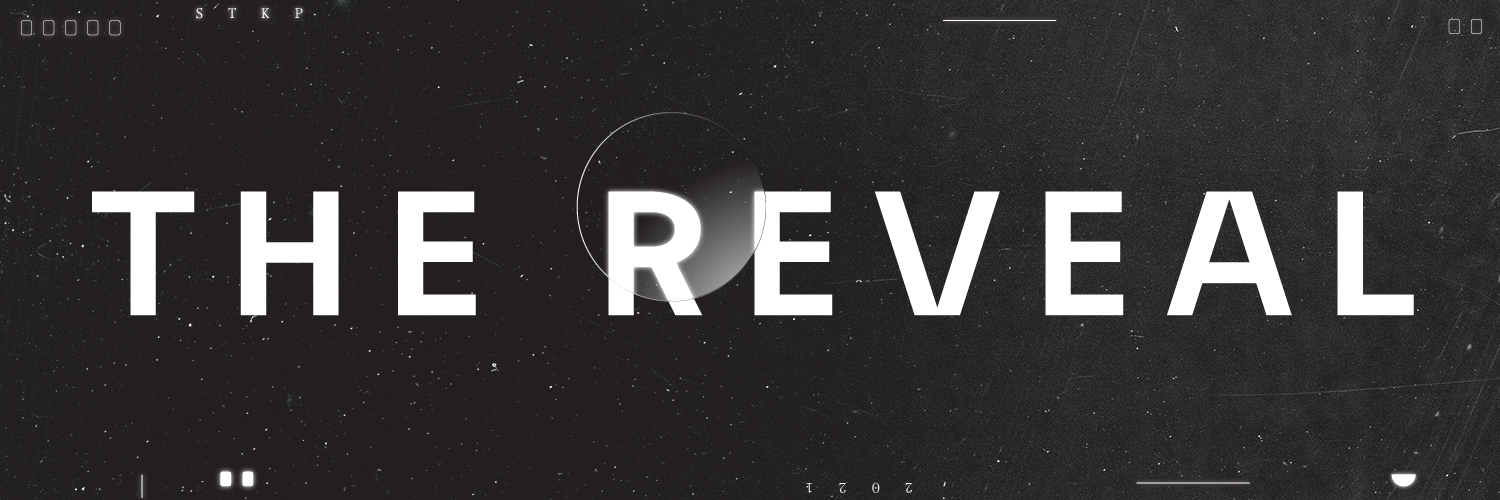The ‘80s in 40: ‘The Big Chill’ (September 1983)
Lawrence Kasdan's 1983 hit took stock of how the '60s generation was doing and came back with a mixed report.

The ‘80s in 40 revisits the decade of the 1980s choosing four movies a year, one from each quarter. This entry covers the third quarter of 1983.
In The Big Chill, seven college friends, all members of a group once united in their commitment to leftist politics, reunite at a isolated mansion somewhere in the rural South following the suicide of an eighth member of their cohort. Over the course of a long weekend, they hook up, dance to Motown hits, ingest an alarming amount of booze and drugs, lament the directions their lives have taken, consider the fading of their ideals and the coarsening of the culture, and mourn a friend one describes as “too good for this world.” In Time, critic Richard Corliss would hail it as the “feel-good movie of ‘83.” This only sounds baffling if you haven’t seen the movie.
The Big Chill’s cultural contributions start with its title, a concise phrase describing the process by which youthful ardor gives way to practical, immediate, maybe craven concerns. “The Big Freeze” would wrongly imply both speed and totality. The film’s former radicals would probably prefer to, say, live in a world of racial, sexual, and economic equality and have their qualms with capitalism. It’s just that the feeling that it’s much easier not to put in the work has crept into their lives little by little, and who has the time anymore anyway? That Harold (Kevin Kline), one of the weekend visit’s hosts, has made a small fortune (that he soon plans to turn into a large fortune) with a sneaker chain called “Running Dog” reveals he knows exactly what he’s become and has just decided to live with it. His efforts to change the world didn’t work out, so why not turn a profit living in the world as it is? The person he used to be hasn’t disappeared, he can tell himself. He’s just on ice.
Drawing inspiration from his own time at the University of Michigan in the late-’60s and early-’70s (and, most likely, from John Sayles’ similarly themed and structured debut, Return of the Secaucus 7), Kasdanconsiders what happens when a seemingly inseparable group with shared values goes their separate ways and finds those values tested by the world. “I hate to think it was all just… fashion,” one character laments. But she clearly can’t say for sure it wasn’t.

Harold’s not the only one who’s met with material success. His wife Sarah (Glenn Close) is a successful doctor. Sam (Tom Berenger) has found fame playing TV cop J.T. Lancer. Michael (Jeff Goldblum) has continued the writing career he began in college via a staff job at People where he laments guidelines that require him never to write anything “the average person can’t read during the average crap.” Meg (Mary Kay Place) has become a lawyer, but abandoned work as a public defender for a real estate job. Karen (JoBeth Williams) has put aside her dreams but married well, or at least married into comfort. Left impotent by his experiences in Vietnam, Nick (William Hurt) has drifted away from a career as a radio psychologist but has at least accumulated enough wealth to fuel a seemingly bottomless appetite for a variety of drugs. Taking the place of Alex, the friend they’ve lost, is Chloe (Meg Tilly), his younger girlfriend, a doe-eyed mystery who, when asked to tell her story, says simply “I don’t like talking about the past as much as you guys do.”
This post is for paying members only
Sign up now to read the post and get access to the full library of posts for subscribers only.
✦ Sign up